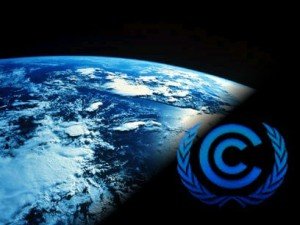This week representatives from around the world are meeting in Durban, South Africa for the United Nations Framework Convention on Climate Change. In today’s New Zealand Herald, economics editor Brian Fallow explores the issues surrounding the convention and what it could mean for New Zealand.
 An excerpt (read in full here):
An excerpt (read in full here):
Durban acid test for the planet’s future
By the end of next week we will know how far the world has fallen short, yet again, of rising to the greatest challenge of our day and age, at the latest United Nations climate conference in Durban.
Before considering what it might mean here, it’s worth reflecting on why this keeps happening.
The reason is that the world is just no good at dealing with free-rider problems. At the most basic level the status quo is a gigantic exercise in free riding. There is a disconnect between where the benefits and costs of fossil fuel use fall.
Our emissions are diffused over the whole planet and accumulate in the atmosphere, a global commons.
The effect is the moral equivalent of a subsidy flowing from poor countries to rich ones and from future generations to the present.
Being on the bludger’s end of this arrangement we naturally don’t want it to end.
But it will. It is trivially true that what cannot continue indefinitely, won’t.
The laws of nature and the laws of arithmetic are not going to change, so our behaviour will have to.
For all its flaws the Kyoto Protocol, whose future now hangs in the balance, recognises this.